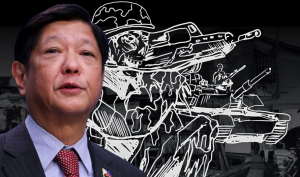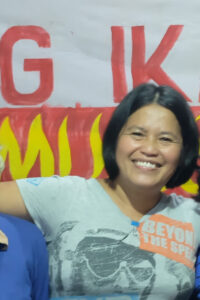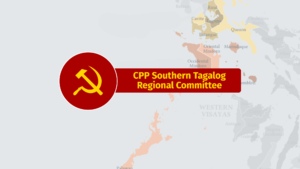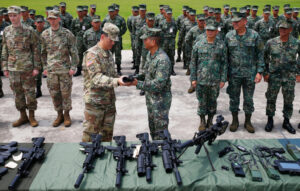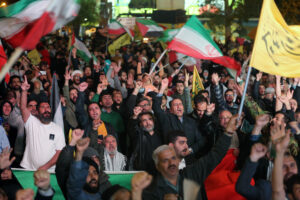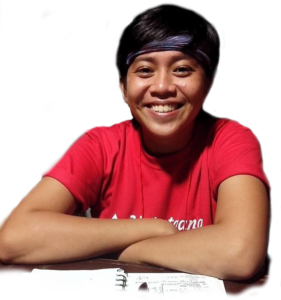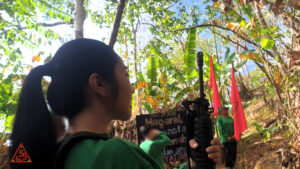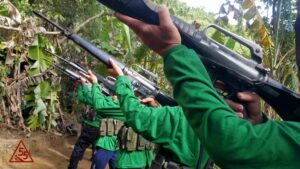People demand candidates to have deeper understanding of roots of armed conflict
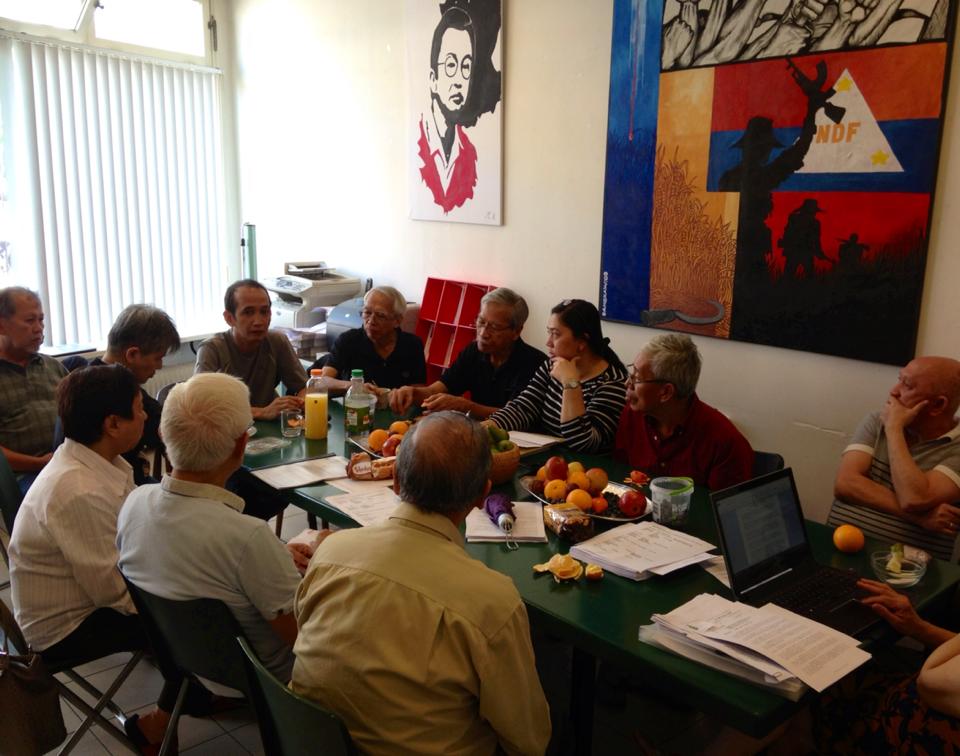
Vice president Leni Robredo, the Liberal Party’s presidential candidate, was reported yesterday to have said that she believes there is a need for “localized peace talks” as a way of addressing the “roots of the problem” which she identified as poverty and inequality. A few days ago, Aksyon Demokratiko presidential bet Isko Moreno was quoted as having described members of the New People’s Army (NPA) as people “who may have lost their way” (“naligaw ng landas”) and must be convinced to “return to the fold” because “there is only one government.”
Other presidential candidates have yet to share their plans on how to carry forward peace negotiations with the revolutionary armed movement. At this time, however, we must remind both Robredo and Moreno that attaining a just and lasting peace requires a deeper understanding of the roots of the armed conflict, as well as the history and process of peace negotiations.
They must go beyond the superficial and myopic view that the raging civil war across the country is a result merely of “local” conditions and not borne by systemic problems broadly affecting the masses of peasants, workers and middle classes–especially the absence of land reform and national industrialization, which past governments have refused to undertake as a program to attain social justice and economic self-reliance and progress.
Robredo must be reminded that Duterte himself has been promoting “local peace negotiations.” It has also long been promoted by Sara Duterte as Davao mayor where it has been proven a complete failure. Instead of promoting peace, “local peace negotiations” has been equated with the Armed Forces of the Philippines (AFP)’s “surrender drive” where local residents arbitrarily accused of being NPA members are forced to “pledge loyalty” to the AFP.
This campaign has been accompanied by widespread human rights violations where the peasant masses have been subjected to relentless surveillance and intelligence operations, intimidation, unlawful arrests based on trumped up charges and extrajudicial killings. Martial law methods of rule prevail where the military dictate policies and programs in the name of counterinsurgency. As a former rights lawyer, Robredo must look into the rampant military and police abuses perpetrated under “local peace negotiations.”
“Local peace negotiations” has also served as veil to conceal widespread corruption involving hundreds of millions of pesos in funds for “livelihood” and “balik-baril” programs, where people called to gather to receive “subsidies” are made to sign blank papers, later used as evidence of their “surrender.”
Given these views expressed by Robredo and Moreno, people wonder how much different would peace negotiations be under a post-Duterte regime compared to how the tyrant used it simply as a means to bamboozle the revolutionary forces to inveigle them to surrender?
Are these candidates willing to reverse Duterte’s anti-peace talks policy by rescinding Proclamations 370 and 374, dismantling the National Task Force-ELCAC and doing away with the Anti-Terrorism Law (ATL) which are all giant barriers to the resumption of peace negotiations?
We also wish to remind Robredo, Moreno and other candidates that these views on peace negotiations are known to have been promoted by the US and the Armed Forces of the Philippines (AFP) in their zealous effort to impede peace negotiations.
It is still to be seen whether the presidential candidates will firmly stand against the Duterte regime’s “kill, kill, kill” policy and make a stand that will reflect the aspirations of peace advocates and people who want peace negotiations to prosper beyond the ceremonies that come with every new regime.



